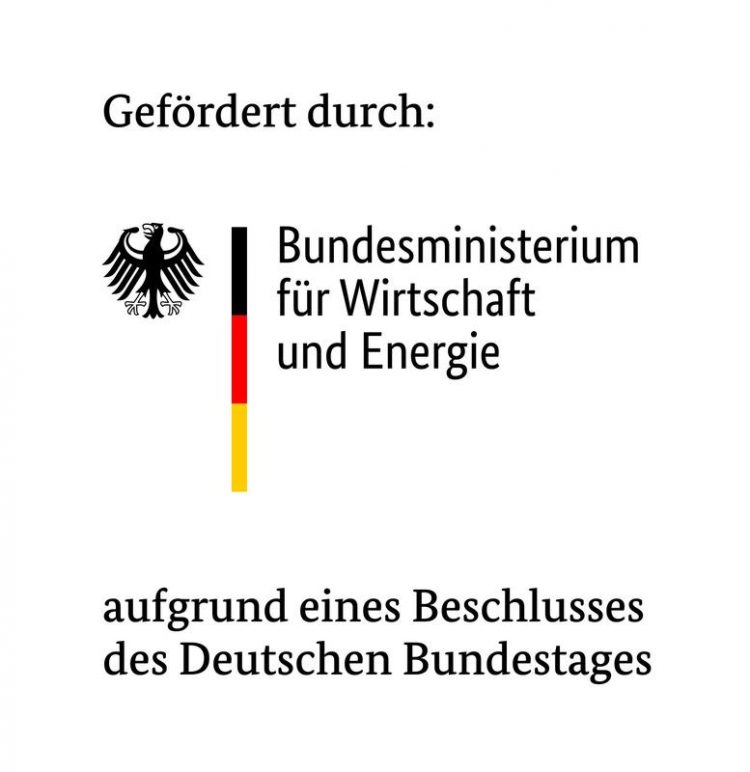Scientists at TU Freiberg develop process for removing microplastics from wastewater

logo German Federal Ministry for Economic Affairs and Energy
Microplastics are becoming more and more widespread, especially in water. The term “microplastics” refers to plastic particles ranging in size from a few nanometres to a few millimetres.
In sewage treatment plants, these tiny particles have so far been difficult to break down or filter.
The professorships for Fluid Mechanics and Flow Machines and for Thermal Process Engineering, Environmental and Natural Materials Process Engineering at the TU Bergakademie Freiberg are dedicated to solving this problem.
They are currently researching a completely new process for wastewater treatment. For this, the scientists are using the effect of hydrogen peroxide.
This is added to the wastewater and settles on the microplastic particles and decomposes into water and oxygen.
The oxygen forms gas bubbles and rises to the water surface together with the plastic particles. There they can finally be fished off.
An innovative detection method should also make it possible to individually adjust the amount of hydrogen peroxide to be added to the respective microplastic contamination of the waste water, thus reducing unnecessary consumption.
The project is funded within the framework of the Central Innovation Programme for SMEs (ZIM). The scientists of TU Freiberg are also supported by innoscripta GmbH, Munich.
Prof. Dr.-Ing. habil. Rüdiger Schwarze, Phone: +49 3731 39 2486
Media Contact
More Information:
http://www.tu-freiberg.de/All latest news from the category: Ecology, The Environment and Conservation
This complex theme deals primarily with interactions between organisms and the environmental factors that impact them, but to a greater extent between individual inanimate environmental factors.
innovations-report offers informative reports and articles on topics such as climate protection, landscape conservation, ecological systems, wildlife and nature parks and ecosystem efficiency and balance.
Newest articles

Humans vs Machines—Who’s Better at Recognizing Speech?
Are humans or machines better at recognizing speech? A new study shows that in noisy conditions, current automatic speech recognition (ASR) systems achieve remarkable accuracy and sometimes even surpass human…

Not Lost in Translation: AI Increases Sign Language Recognition Accuracy
Additional data can help differentiate subtle gestures, hand positions, facial expressions The Complexity of Sign Languages Sign languages have been developed by nations around the world to fit the local…

Breaking the Ice: Glacier Melting Alters Arctic Fjord Ecosystems
The regions of the Arctic are particularly vulnerable to climate change. However, there is a lack of comprehensive scientific information about the environmental changes there. Researchers from the Helmholtz Center…



